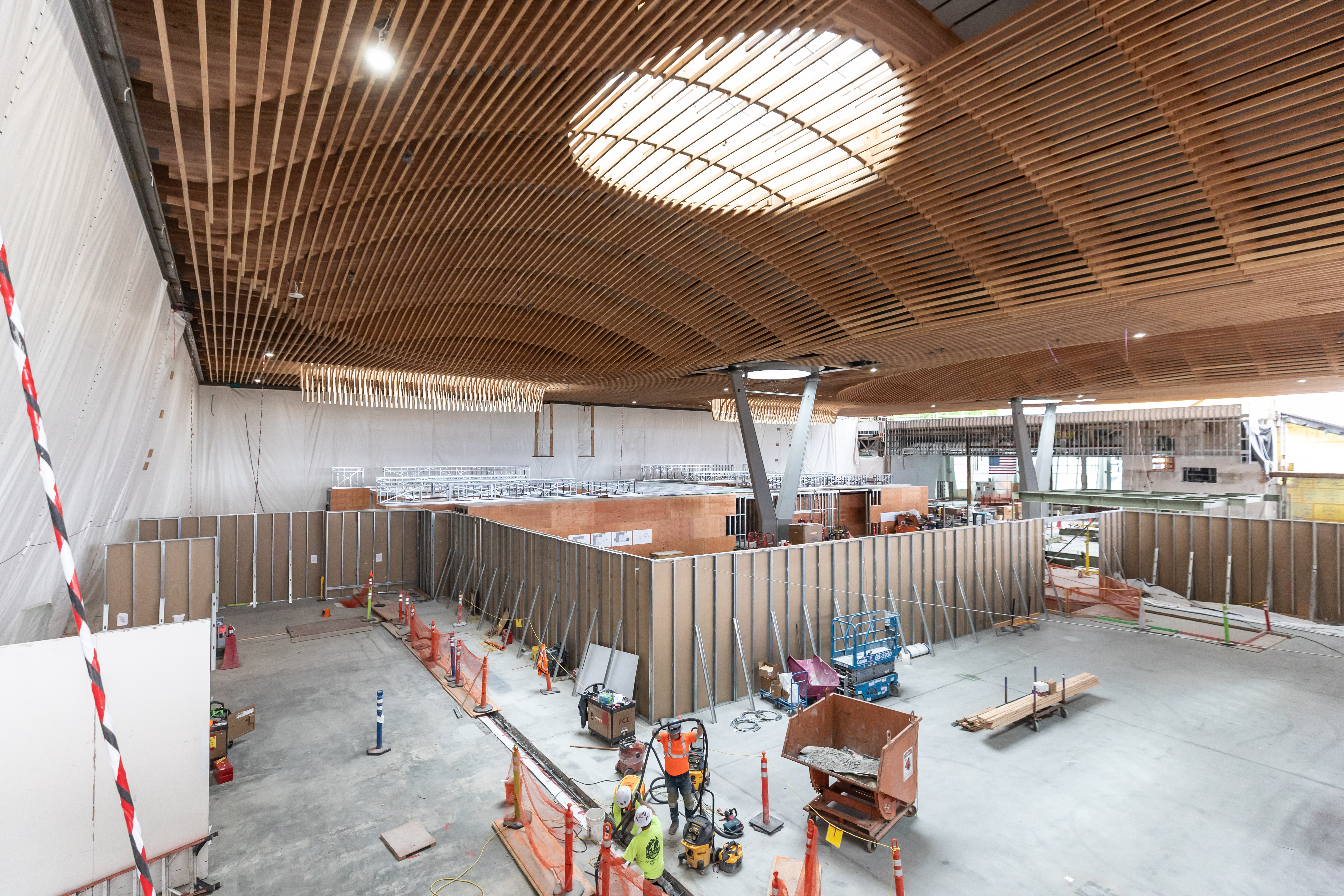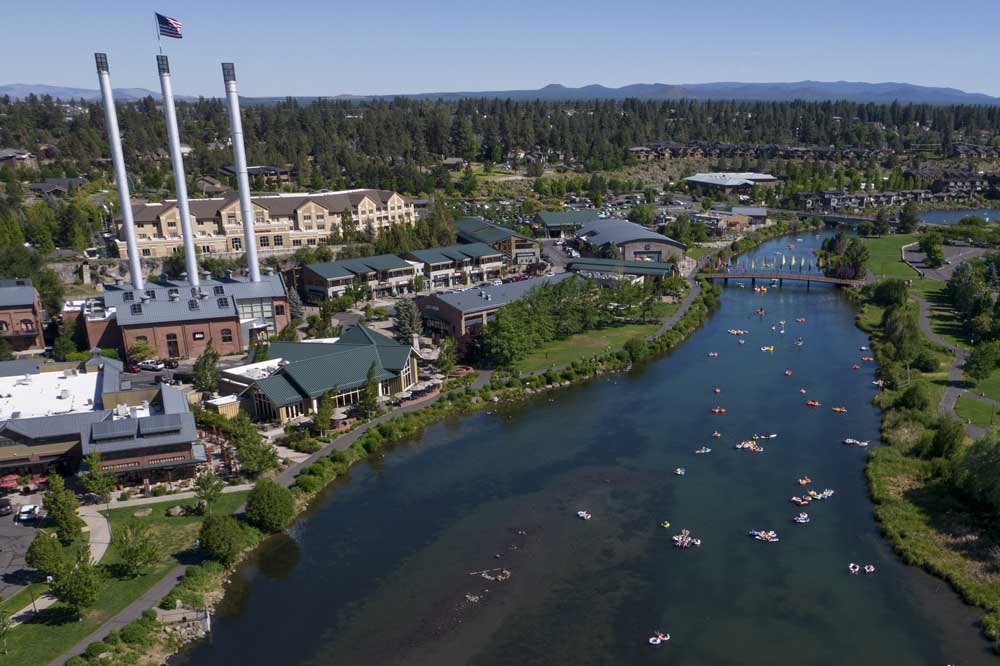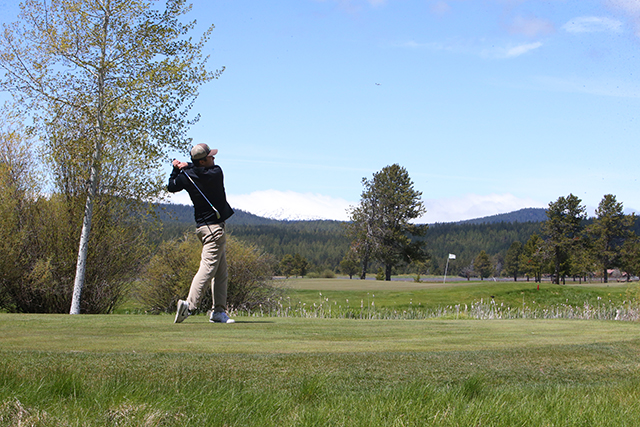OLCC fast-tracks restaurant, bar applications to expand alcohol sales to city sidewalks, streets
Published 9:00 am Thursday, May 21, 2020

- Named for the diminutive chicken, Bantam Tavern hopes to expand its seating area into an adjacent parking lot when Multnomah County enters Oregon’s Phase 1 reopening.
In a move that could help Oregon restaurants and bars comply with state-mandated social-distancing guidelines, the Oregon Liquor Control Commission has begun fast-tracking applications to expand the sale of alcohol to sidewalks, streets and nearby parking lots.
Previously, Oregon restaurants and bars hoping to expand their service area were required to go through a back and forth with the OLCC, providing plenty of documentation along the way. The streamlined application, available on the agency’s website since Friday, only asks current liquor license holders to draw or describe the area they hope to annex, and “affirm and attest” that they have received permission from landlords or local government bodies to do so. The application generates an auto reply allowing the business to operate in the new area.
Still, the new system is “not just a free hall pass,” said OLCC compliance specialist Bryant Haley. “We’re going to go back and look at these.”
The additional privilege is open to any licensed restaurant, bar, brewpub, wine tasting room or distillery in an Oregon county approved for reopening under the state’s Phase 1 guidelines. Applicants are asked to draw or describe the additional seating area, which can include nearby sidewalks, streets or common areas, and to affirm they received permission to expand from the landlord or local government. If the new area does not abut the already licensed service area, only staff are allowed to carry alcoholic beverages between the two zones. All OLCC regulations continue to apply in the new area.
The OLCC’s new expanded seating process isn’t temporary, and other recent changes — such as allowing businesses to offer same-day delivery for beer, wine, cider and marijuana — could end up sticking around as well, according to OLCC spokesman Mark Pettinger.
“On the alcohol side, we’re moving from fossilized to modernized,” Pettinger said, comparing the regulations on alcohol to those for marijuana. “This is almost like a trial period for a lot of these temporary rules, changes and processes. So if they go well, and if the stakeholders are in agreement, and decide there’s a public good, and a benefit to these kinds of things, there’s a chance that these things become permanent.”
Across the United States, cities including Berkeley, Tampa, Florida and Portland, Maine, have closed streets or offered temporary permits for outdoor seating to help businesses comply with social distancing guidelines.
Newberg in Yamhill County was among the first Oregon cities to reach out to the OLCC about the possibility of expanding restaurant seating into its sidewalks and streets, Pettinger said.






